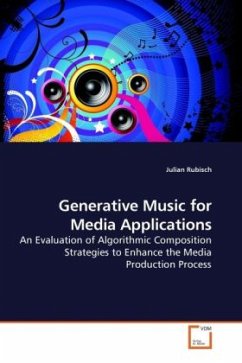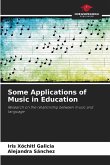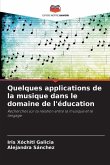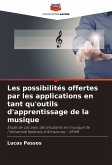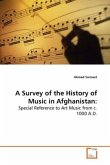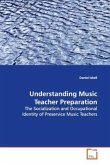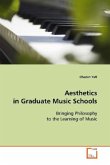Finding or composing suitable media music often poses a serious challenge to media producers: Low-budget video productions, video game producers etc. often lack know-how or resources to have adequate media music composed for the application in question. To avoid the use of royalty-free music libraries, this book suggests the use of generative algorithms for music production. First, functions, impacts and possible taxonomies of media music are investigated, along with its emotional and semantic content. Moreover, a model for the musical representation of emotional or affective states is introduced using Russell's Circumplex Model of Affects and based on state-of-the-art research on this topic. Eventually, algorithms suitable for automated composition of music are evaluated, with a special focus on the ability to map the musical parameters derived from the above-mentioned emotional model onto the algorithms' input parameters. In addition, using the most applicable methods for automated composition, a prototypical music-generating application is developed. This book addresses media producers, computer musicians and audio engineers engaged in sound and music computing.
Bitte wählen Sie Ihr Anliegen aus.
Rechnungen
Retourenschein anfordern
Bestellstatus
Storno

